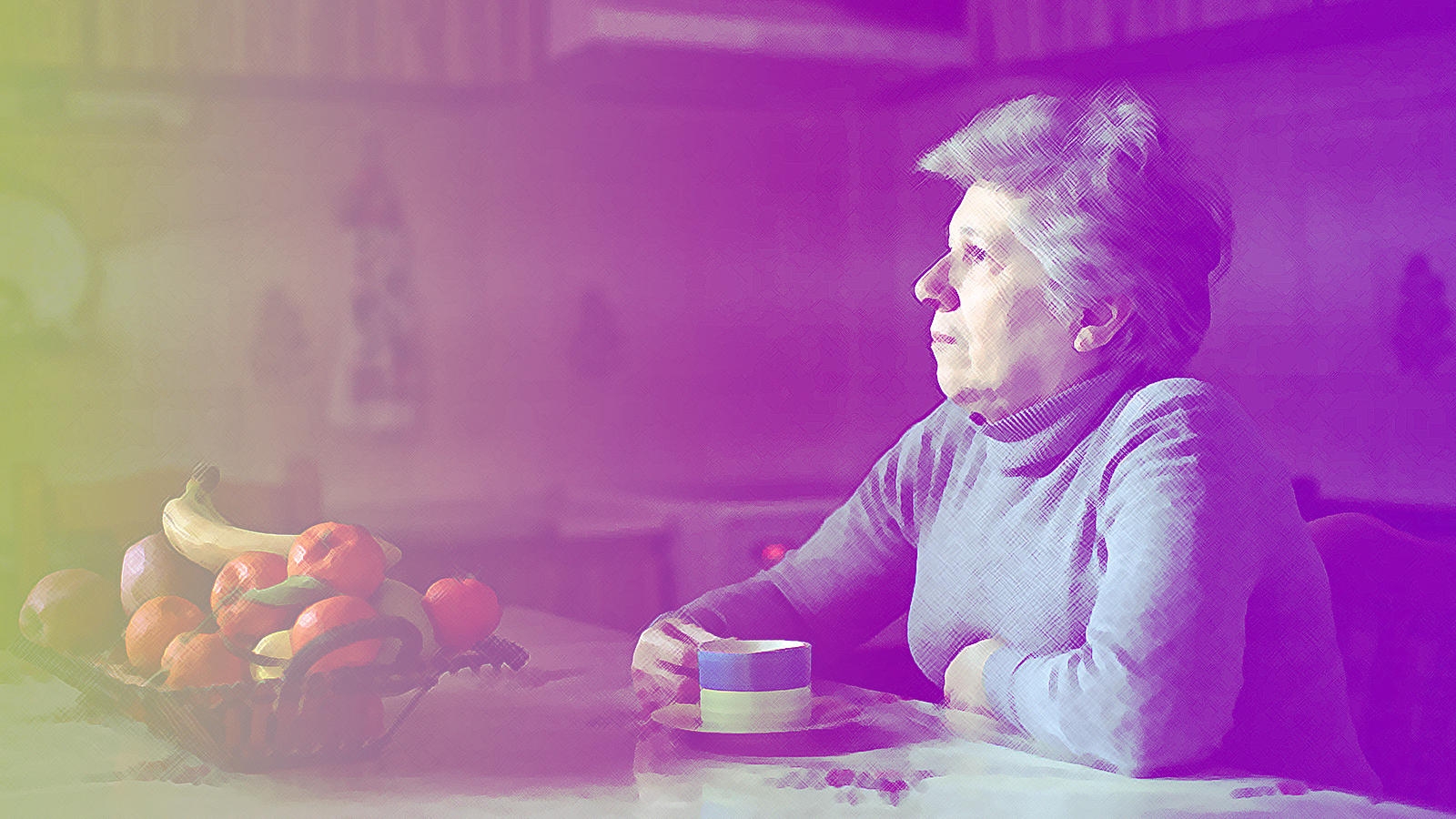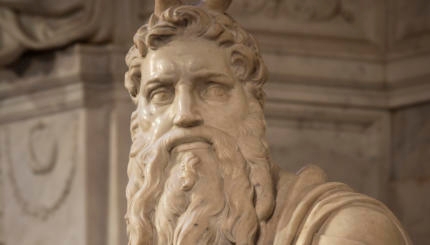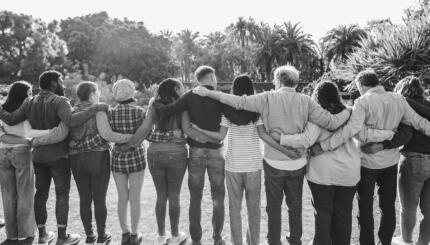Loneliness has been a feature of the human condition since the dawn of creation. In Genesis, we learn that after creating everything we see around us and calling each “good,” God looked at Adam, alone and without a companion, and labeled loneliness the first human problem. “It is not good for humanity to be alone,” God declares. Genesis 2:18
From those first moments, humans have struggled with this perennial problem. For some, loneliness is situational — we move to a new place, leave a relationship, face job loss or death and feel alienation and isolation. For others, loneliness is more chronic. We face a perpetual absence of companionship, a constant state of feeling unseen and unknown.
But what exactly causes loneliness? It is not necessarily the absence of people, since some of us feel whole in solitude. Rebbe Nachman of Breslov, the 18th-century Hasidic master, used to escape into the forest to commune with God in a process he called hitbodedut and felt totally content. Conversely, the presence of others is not always the answer, since so many of us feel lonely in the most crowded of places.
To address loneliness, it’s important to understand where it comes from. Loneliness is found in the space between the person you know yourself to be and the people in your life who can see you that way. Imagine you are getting divorced and few people in your life know it. They continue to relate to you as normal, but you carry around a secret. No one sees you as you really are, broken and suffering over the loss of your relationship. This can create distance between you and others. Alone in the knowledge of your upended life, you are an island of pain. Loneliness inevitably follows.
Loneliness is found in many of our most profound struggles. When we are single, we know ourselves to be worthy of love but don’t have someone who sees us this way. When we lose a loved one, we are shattered, but society assumes we will quickly bind our wounds. Even leaders feel loneliness. People place their expectations on them without seeing them as the person who bears their burden.
Loneliness may never fully go away, but there are ways to alleviate it.
First, we can look back. A person facing loneliness may feel that others do not understand their struggles, but others have walked this same path before us. Some of us may question whether it’s normal to feel the pain of the loss of a loved one years after their death. But even three years after the death of his mother Sarah, our ancestor Isaac could still be found wandering in the fields, lost in his thoughts and still in need of comfort (see Rashi on Genesis 24:63). Looking back to the story of Isaac can help us feel like we have a companion who understands us and can walk beside us in our pain. Brokenness seems more normal when it is reflected back to us in the experiences of others.
Second, we can reach out. Seeking out another in our loneliness is not easy. It requires that we make ourselves vulnerable, acknowledge our need, and face possible rejection. Yet we cannot wait for another to find us. There is a story in the Talmud about a famous healer, Rabbi Yochanan, who is one day healed by his friend Rabbi Chanina. Hearing the story, the anonymous voice of the Talmud asks why Yochanan couldn’t just heal himself. Berakhot 5a Responding to its own question, the Talmud answers, “A captive cannot release himself from prison.” So too, we cannot cure our own loneliness. To truly help ourselves, we must provide others with an avenue to see us and a pathway to show us their love. Some will fail us, but we must have the tenacity to keep searching. As our rabbis teach, “the cow wants to nurse more than the calf wants to suckle.” Pesachim 112a
Third, we can begin to develop a relationship with the Divine. Each of us has our own conception of God. For some, God hears and answers our prayers. For others, God is impersonal, lacking the capacity to know or love us. For those who believe in a personal God — the one who “knows the secrets of the heart,” in the words of the psalmist — God can be the one that sees you in your fullness, without the masks and facades. For those who don’t believe in this sort of God, religious ritual can still be a powerful tool to cope with loneliness. One can pray to nothing and still feel heard. Prayer is as much about you as it is about God. Pray with enough heart, and you will be changed by the process.
Finally, we can build a scaffolding around loneliness to hold us up when people fail us. For some, this is accomplished by nurturing a sense of purpose. For many of us, our need to engage with people can be superseded by a desire to feed the hungry, take care of our natural world, or spread wisdom. “He who has a why to live for can bear almost any how,” the philosopher Friedrich Nietzche famously wrote. When people fail us, our missions can carry us through.
As much as these tools matter, perhaps the greatest way to combat loneliness is to learn to be alone. Many of us don’t want to be without others because we don’t like ourselves enough to be by ourselves. Learning to judge ourselves less and love ourselves more means that when we do find ourselves alone, we will be happy with our companion. Rabbi Joshua Ben Levi famously said that each of us has a choir of angels that process before us proclaiming, “Make way for the image of God!” Deuteronomy Rabbah 4:4. Imagine if we actually believed this.
Loneliness is real and it is inescapable. We may not be able to avoid it, but we do have the tools to lessen its sting when it comes. Loneliness cannot be solved by simply surrounding ourselves with people and hoping we find comfort through proximity. Instead, we have to take deliberate, careful steps toward companionship and love. Every one of us matters and there are a sea of people ready to tell us this, we just have to be brave enough to let them in.
Want more? MJL’s “Discovering Jewish Spirituality” email series will guide you through authentic Jewish methods of bringing spirituality into your everyday experience. Sign up here.
Enhance your spirituality journey by joining our weekly Jewish Meditation Moment for a brief Jewish teaching followed by a guided meditation.



